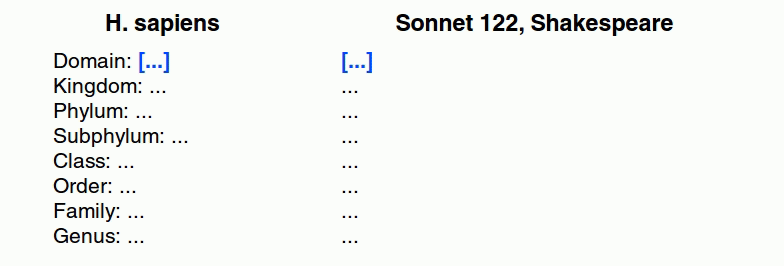

- #Choice cloze anki install#
- #Choice cloze anki code#
- #Choice cloze anki series#
- #Choice cloze anki download#
#Choice cloze anki code#
With code contributions from: zjosua, (Thank you!) ContributingĬontributions are welcome! Please review the contribution guidelines on how to:Ĭloze Overlapper is Copyright © 2019 Aristotelis P. Buildingįor more information on the build process please refer to aab's documentation. More information may also be found in the AnkiWeb description.
#Choice cloze anki series#
The use of the add-on is documented in the Wiki section and a series of video tutorials on YouTube.
#Choice cloze anki download#
Download and extract the latest Anki 2.0 add-on release from my Patreon.Proceed to delete the cloze_overlapper folder.This will allow you to preserve your current settings. If the folder contains a meta.json file, copy the file to a safe location.See if you can find a cloze_overlapper folder.Find and delete the Cloze Overlapper.py file if it already exists.

Go to Tools → Add-ons → Open add-ons folder.From Anki's main window, head to Tools → Add-ons.

found in various Linux distros) do not support.
#Choice cloze anki install#
The easiest way to install Cloze Overlapper is through AnkiWeb. More generally speaking, Cloze Overlaper provides Anki with a completely novel cloze system that can cover almost every use case you can think of, be it revealing each taxon of a classification system individually, or even gradually building up to an entire poem:ĭue to working with the formatting tools that Anki provides itself, the cards generated by this add-on are fully compatible with all Anki platforms, smartphone apps included: It takes care of all the arduous steps required to create these flashcards manually and provides you with a dead-simple workflow: You paste in the sequence or list, adjust the cloze generation settings, and let the add-on generate the cards for you. While this method is generally assumed to be quite effective, following it requires a significant time investment up-front that only few students are able or willing to make. What results is chain of overlapping associations between each sequence node that can potentially improve the storage and retrieval strength of the entire sequence. For an array of three list items A, B, C you would end up with three cards of the form A → B, B → C, and C → D. One of the common recommendations in cases like this has always been to create overlapping flashcards, where each card's answer serves as the question prompt for next card in line. Normally you would employ methods like grouping or categorizing to consolidate information, but with each item building upon the next, that does usually not work for sequences or enumerations. Sequential information has unfortunately always somewhat eluded that basic principle because it is hard to break down into smaller chunks. Good flashcards follow the minimum information principle, where each card is kept as short as possible. Memorizing lists and enumerations has always been a particularly difficult part of studying flashcards. It facilitates memorizing enumerations, lists, or any other type of sequential information by breaking the sequence up into cards where each item serves as the context cue for the next. This is an add-on for the spaced-repetition flashcard app Anki.


 0 kommentar(er)
0 kommentar(er)
